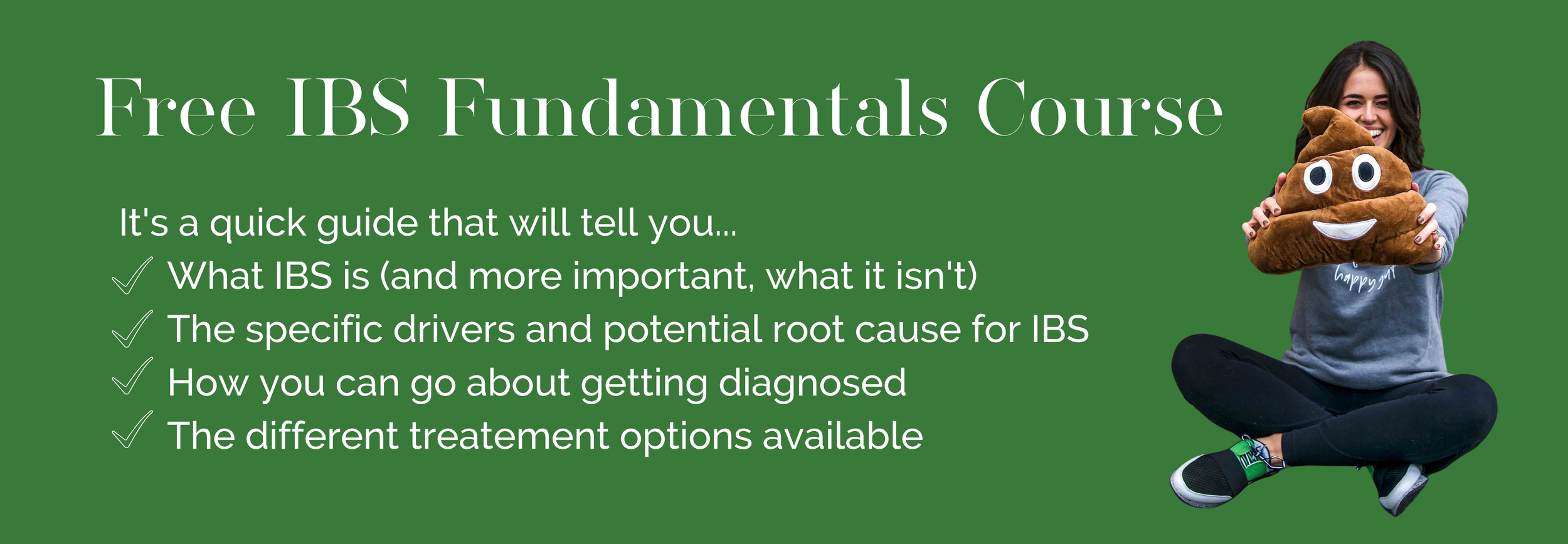What Is Your Poop Telling You About Your Health?
Talking about poop may not be the most appealing conversation, but poop can be one our best indicators of what’s going on in our digestive system and with your overall health.
Poop can come in many different forms and colors, as I am sure you’ve learned by now. Knowing the meaning behind these characteristics can help you understand what’s going on in your digestive system, and help you make changes for a healthier life.
We all poop, but do we really know what it is?
The medical dictionary defines poop as “The matter discharged from the bowel during defecation, consisting of the undigested residue of food, epithelium, intestinal mucus, bacteria, and waste material from the food.”
In short, poop is the waste from digesting your food, mixed with water, organisms, mucus, and old red blood cells.
How the process works
After eating food, your body starts to break down the nutritional components, including carbs, fat, protein, vitamins, minerals, and fiber. After passing through the stomach, the nutrients turn into a substance called chyme.
Chyme goes through the rest of the digestive process. Fats, however, are emulsified during this process by a product, produced by the liver, called bile.
After chyme has been absorbed through the intestines and colon, it turns into a semi-solid product called feces, aka poop. Feces is stored in the rectum until the body is ready to release. Once the bowel movement is released from the rectum, it passes through your anus and out of your body. Hopefully into the toilet…
What’s your poop personality? Find out here!
What is “normal” poop?
Poop can come in all shapes, colors and smells. Your poop may be unique and different from someone else’s. However, there are a few standard norms to look for when analyzing your poop each day.
Shape: the ideal shape of poop is one long cylinder, noted as a “Type 4” on the Bristol Stool Chart below.
If your poop is very hard or pebbly, that may be a sign of constipation. This can be due to poor water or fiber intake, lack of movement, poor routines, or slowed motility due to another cause.
If your poop is mushy and softer than a log, this is a sign of poor stool formation. Increasing soluble fiber and reducing gut stimulants may be helpful. It is also important to look at overall digestive capacity and assess for food intolerances.
If your poop is liquid, this can either be a sign of more severe constipation (known as overflow diarrhea) or diarrhea. The best way to assess this is to look at actual stool output.
If you’re releasing a lot of poop, this may mean you have diarrhea, which can be due to hyper-motility, food intolerances, stimulants, or infection. If you aren’t releasing a lot of poop, this may mean you are actually constipated. With severe constipation, it is recommended to clear the backup and then focus on healthy gut motility to prevent reoccurrence. You can test for this with a KUB x-ray of your colon.
The coloring of your poop should be a brown to dark brown hue, depending on what you have eaten during the day.
A healthy bowel movement should be stress free with minimal to zero strain. Normal poop should be passed every 1 to 3 days, or for some people, poop is passed 1-3 times daily. The consistency of your poop will depend on your diet and lifestyle.
Poop the rainbow… sort of
Brown - medium to dark brown is the typical color of poop. The coloring is caused by a pigment called bilirubin.
Black - If you have ingested bismuth medications (Peptmo-Bismol) or iron tablets, they can be the culprits to the dark coloring of your stool. If you have not had any of these medications or black licorice, then this may be an indication that you have upper GI bleeding and you should seek medical attention asap.
White - This coloring, also seen as grey or clay colored, can be caused by a lack of bile due to medications or digestive complications. If this coloring is not written as a side effect on the container of your medications, then you should seek medical attention asap.
Green - This is typically due to a high consumption of leafy green vegetables, or green food coloring. This could be an indication that food is moving too quickly through your system, so you may benefit from adding a little more soluble fiber to your diet, like those found in oats and lentils.
Red - Red coloring could be the result of GI bleeding, or if it is in a small amount, this could be a sign of hemorrhoids. Either way, seek medical attention asap. If you eat a lot of beets or drink beet juice, you may notice a slight red tint to your poop, as well. No need to seek out help for that.
Orange - This could be caused by a high consumption of foods containing beta-carotene such as oranges and carrots.
Yellow -If your poop is leaning to yellow tint, then this is typically a sign of excess amount of poorly digested fat. Seek medical attention to make sure you are not malabsorbing fats, then consult a dietitian to decrease your overall fat consumption.
Poop is a great indicator of your health and digestion, so you should get into the habit of checking it out regularly. The more you learn about your poop, the better you can know what changes to make in your diet and lifestyle.
If you are experiencing complicated bowel movements and think it could be from your diet or your daily habits, our team of dietitians at Gutivate can help! Schedule a consult call here to see if this is a good fit for you.
Do you have more poop questions?
Check out the poop questions answered playlist!
Are you frustrated with your IBS symptoms? Do you desire to be confident in your food choices? Do you want to have a healthier relationship with your body and diet? Are you ready to take control of your IBS?




